DUTTON
Published by Penguin Group (USA) Inc.
375 Hudson Street, New York, New York 10014, U.S.A.
Penguin Group (Canada), 90 Eglinton Avenue East, Suite 700, Toronto, Ontario M4P 2Y3, Canada (a division of Pearson Penguin Canada Inc.); Penguin Books Ltd, 80 Strand, London WC2R 0RL, England; Penguin Ireland, 25 St Stephens Green, Dublin 2, Ireland (a division of Penguin Books Ltd); Penguin Group (Australia), 250 Camberwell Road, Camberwell, Victoria 3124, Australia (a division of Pearson Australia Group Pty Ltd); Penguin Books India Pvt Ltd, 11 Community Centre, Panchsheel Park, New Delhi110 017, India; Penguin Group (NZ), 67 Apollo Drive, Rosedale, Auckland 0632, New Zealand (a division of Pearson New Zealand Ltd); Penguin Books (South Africa) (Pty) Ltd, 24 Sturdee Avenue, Rosebank, Johannesburg 2196, South Africa
Penguin Books Ltd, Registered Offices: 80 Strand, London WC2R 0RL, England
Published by Dutton, a member of Penguin Group (USA) Inc.
First printing, October 2012
Copyright 2012 by John Taylor
All rights reserved. No part of this book may be reproduced, scanned, or distributed in any printed or electronic form without permission. Please do not participate in or encourage piracy of copyrighted materials in violation of the authors rights. Purchase only authorized editions.
constitutes as an extension of the copyright page.
 REGISTERED TRADEMARKMARCA REGISTRADA
REGISTERED TRADEMARKMARCA REGISTRADA
LIBRARY OF CONGRESS CATALOGING-IN-PUBLICATION DATA
has been applied for.
ISBN 978-1-101-59359-2
While the author has made every effort to provide accurate telephone numbers, Internet addresses, and other contact information at the time of publication, neither the publisher nor the author assumes any responsibility for errors, or for changes that occur after publication. Further, the publisher does not have any control over and does not assume any responsibility for author or third-party websites or their content.
Penguin is committed to publishing works of quality and integrity. In that spirit, we are proud to offer this book to our readers; however, the story, the experiences, and the words are the authors alone.
Contents
To look backward for a while is to refresh the eye,
to restore it, and to render it the more fit
for its prime function of looking forward.
Margaret Fairless Barber
But I wont cry for yesterday,
theres an ordinary world
Somewhere I have to find
And as I try to make my way
to the ordinary world
I will learn to survive
Duran Duran, Ordinary World
Crisis = Opportunity
Chinese Proverb
Intro:
Brighton, July 29, 1981
I ts a Monday night at the Brighton Dome, two weeks before our third single, Girls on Film, is due out. Its a month after my twenty-first birthday.
The lights go down and Tel Aviv strikes up. We have chosen the haunting, Middle Easterninspired instrumental track from our new album to function as a curtain-raiser, to let the audience know the show is about to begin.
But something strange is happening. None of us can hear the music. What is going on out there? The sound of an audience. Getting louder. Larger. Chanting.
Screaming.
And then, out onto the stage, behind the safety curtain we go. A frisson of fear. We look to each other with nervous glances. Faces are made. Is that for real?
We plug in; bass working, drums beating, keyboards and guitars in tune.
Ready.
Tel Aviv reaches its coda. Here we go.
And the curtain rises on our new life.
The power of our instruments, amplified and magnified by PA stacks that reach to the roof, is no match for the overwhelming force of teenage sexual energy that comes surging at us in unstoppable waves from the auditorium.
The power of it is palpable. I can feel it take control of my arms, my legs, my fingers, for the duration of the opening song. It is unrelenting, waves of it crashing onstage.
There is no way we can be heard, but that doesnt matter. No one is listening to us anyway. They have come to hear themselves. To be heard. And what they have to say is this: Take me, ME! I am the one for you! John! Simon! Nick! Andy! Roger!
As our first song grinds to a hiccupping halt, we turn to each other for support. But the next song has already somehow begun without us. We are not in control anymore. Seats are smashed. Clothes torn. Stretcher cases. Breakdowns. It is a scene out of Bosch. Every female teenager in Britain is having her own teenage crisis, simultaneously as one, right now, vaguely in time to our music. The frenzy is contagious. We are the catalyst for their explosions, one by one, by the thousands.
We have become idols, icons. Subjects of worship.
PART 1
ANALOG YOUTH
1 Hey Jude
I am four years old. Confident and shy. Hair blonder than it would be in my teen years. In shorts and sandals, a young prince of the neighborhood, the south Birmingham suburb of Hollywood. How perfect.
Ten oclock in the morning on any given weekday in 1964, and I have stepped down off the porch and wait, kicking at the grooved concrete driveway, watching as Mom pulls the front door closed, locks it up, and puts the key in her handbag; she puts the handbag in the shopping bag, and off we go. Left off the drive and up the hill that is the street on which we live, Simon Road. Our house is number 34, one up from where the road ends.
We walk together along the pavement, counting down: 32, 30, 28. On the left side of the street are all the even-numbered semidetached houses, single buildings designed to function as two separate homes (ours is twinned with number 36). Across the street, the odd-numbered houses are detached, each building a single dwelling, all much larger than ours, and so are the back gardens, which are long and tree-filled and bordered at the bottom by a stream. The driveways are slicker too, with space for more than one car.
Later on, when I started to become a little status-aware, I would ask my parents, Why didnt you pay the extra six hundred quid that would have got us a stream at the back?
I hold Moms hand, remembering the Beatles song that is so often on the radio, as the incline gets steeper. We reach the crest of the hill, where Simon Road meets Douglas Road, and turn right.
We pass a twelve-foot-high holly bush, the only evidence I have found that suggests where the estate got its name. We march on, crossing Hollywood Lane in front of Gay Hill Golf Club, an establishment that will assume mythical proportions in my imagination as a venue for wife-swapping parties, not that anyone in my family ever set foot in the place. There was no truth in the rumor.
Cars flash by, at twenty or even thirty miles an hour. We make it to Highters Heath Lane, another main artery of the neighborhood, which must be taken if youre visiting the old Birmingham of grans and aunts and uncles, recreational parks and bowling greens. It gets traversed a lot by the Taylor family at weekends. It must also be used by mother and son if we are to reach our destination todaySt. Judes parish church.


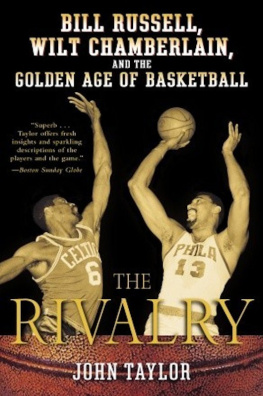

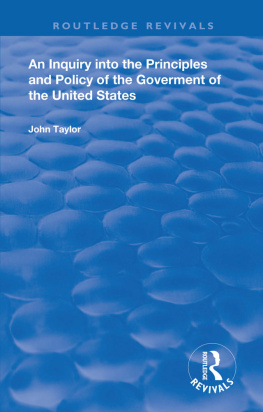
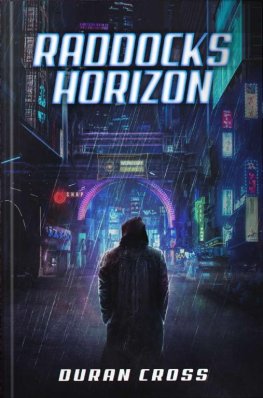
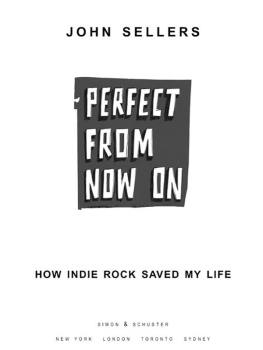
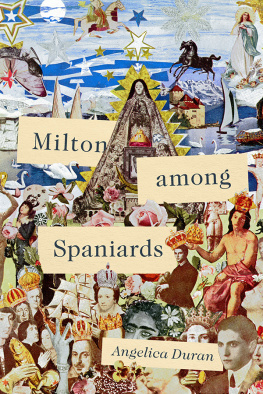
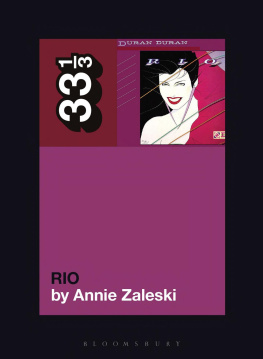
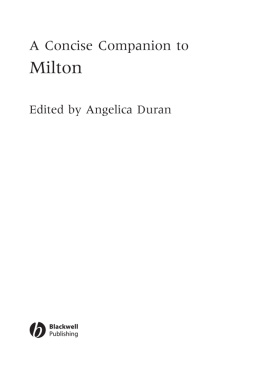
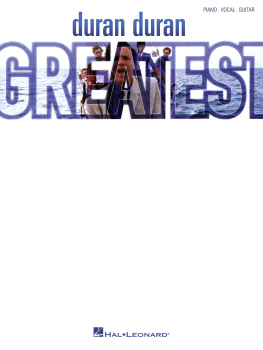

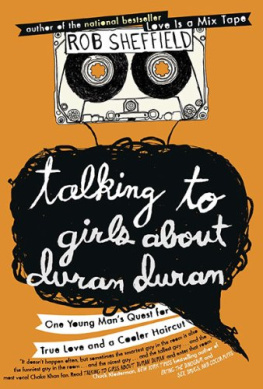

 REGISTERED TRADEMARKMARCA REGISTRADA
REGISTERED TRADEMARKMARCA REGISTRADA


